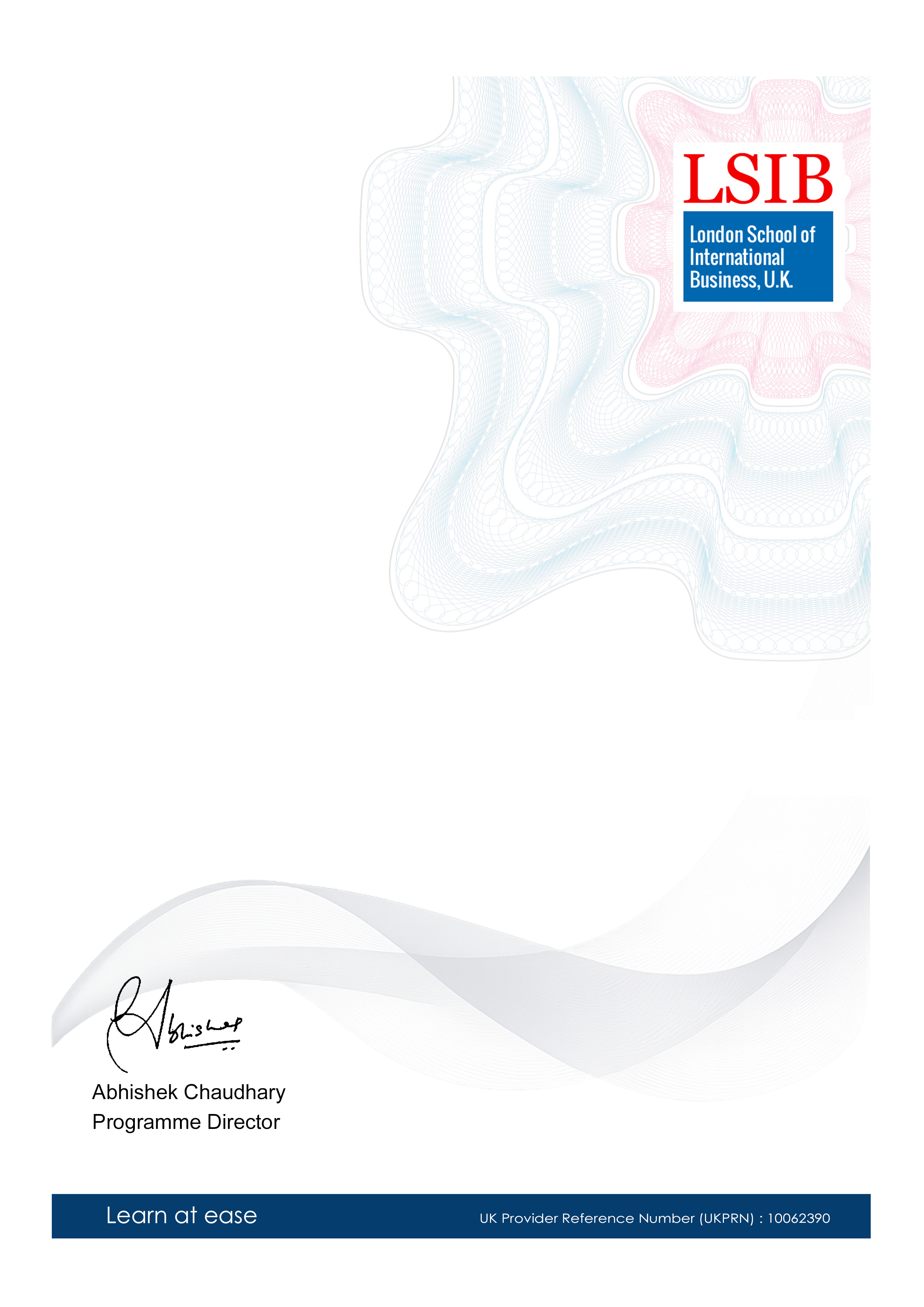Advanced Certificate in Conservation GIS Mapping Strategies
-- viewing nowConservation GIS: Master advanced mapping strategies for impactful environmental protection. This certificate equips professionals with spatial analysis and remote sensing skills.
4,682+
Students enrolled
GBP £ 140
GBP £ 202
Save 44% with our special offer
About this course
100% online
Learn from anywhere
Shareable certificate
Add to your LinkedIn profile
2 months to complete
at 2-3 hours a week
Start anytime
No waiting period
Course details
• Advanced Spatial Analysis Techniques for Conservation Planning
• Remote Sensing and Image Classification for Biodiversity Monitoring
• GIS Modeling for Habitat Suitability and Species Distribution
• Conservation Prioritization and Site Selection using GIS
• Geodatabase Design and Management for Conservation Data
• Communicating Conservation Results through GIS Mapping and Visualization
• Participatory GIS and Community Engagement in Conservation
• Case Studies in Conservation GIS Applications
• Ethical Considerations and Best Practices in Conservation GIS
Career path
Advanced Certificate: UK Conservation GIS Mapping Job Market Insights
| Career Role | Description |
|---|---|
| Conservation GIS Specialist (Primary: GIS, Conservation; Secondary: Mapping, Remote Sensing) | Develops and implements GIS solutions for conservation projects, analyzing spatial data to inform management strategies. High demand for expertise in habitat mapping and biodiversity monitoring. |
| Environmental Data Analyst (Primary: Data Analysis, Environmental; Secondary: GIS, Statistics) | Analyzes environmental data using GIS and statistical techniques to identify trends and patterns, supporting evidence-based conservation decision-making. Strong analytical and problem-solving skills are crucial. |
| Spatial Planner (Conservation) (Primary: Spatial Planning, Conservation; Secondary: GIS, Policy) | Applies GIS to land-use planning and conservation initiatives, balancing ecological needs with human development. Requires understanding of conservation policy and stakeholder engagement. |
| Remote Sensing Specialist (Conservation) (Primary: Remote Sensing, Conservation; Secondary: GIS, Image Processing) | Utilizes satellite imagery and aerial photography to monitor environmental changes and support conservation efforts. Advanced knowledge of image processing techniques is essential. |
Entry requirements
- Basic understanding of the subject matter
- Proficiency in English language
- Computer and internet access
- Basic computer skills
- Dedication to complete the course
No prior formal qualifications required. Course designed for accessibility.
Course status
This course provides practical knowledge and skills for professional development. It is:
- Not accredited by a recognized body
- Not regulated by an authorized institution
- Complementary to formal qualifications
You'll receive a certificate of completion upon successfully finishing the course.
Why people choose us for their career
Loading reviews...
Frequently Asked Questions
Course fee
- 3-4 hours per week
- Early certificate delivery
- Open enrollment - start anytime
- 2-3 hours per week
- Regular certificate delivery
- Open enrollment - start anytime
- Full course access
- Digital certificate
- Course materials
Get course information
Earn a career certificate

